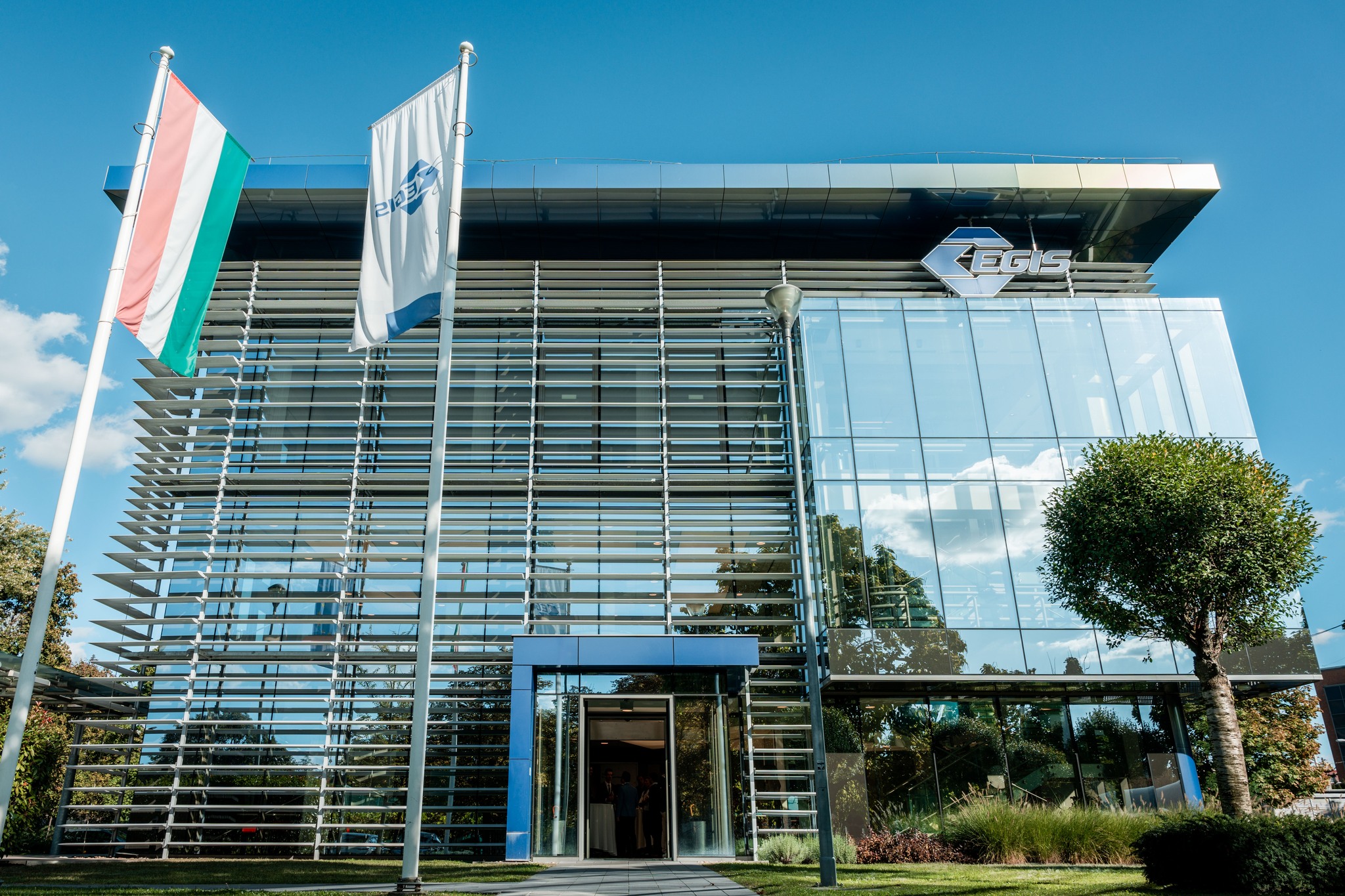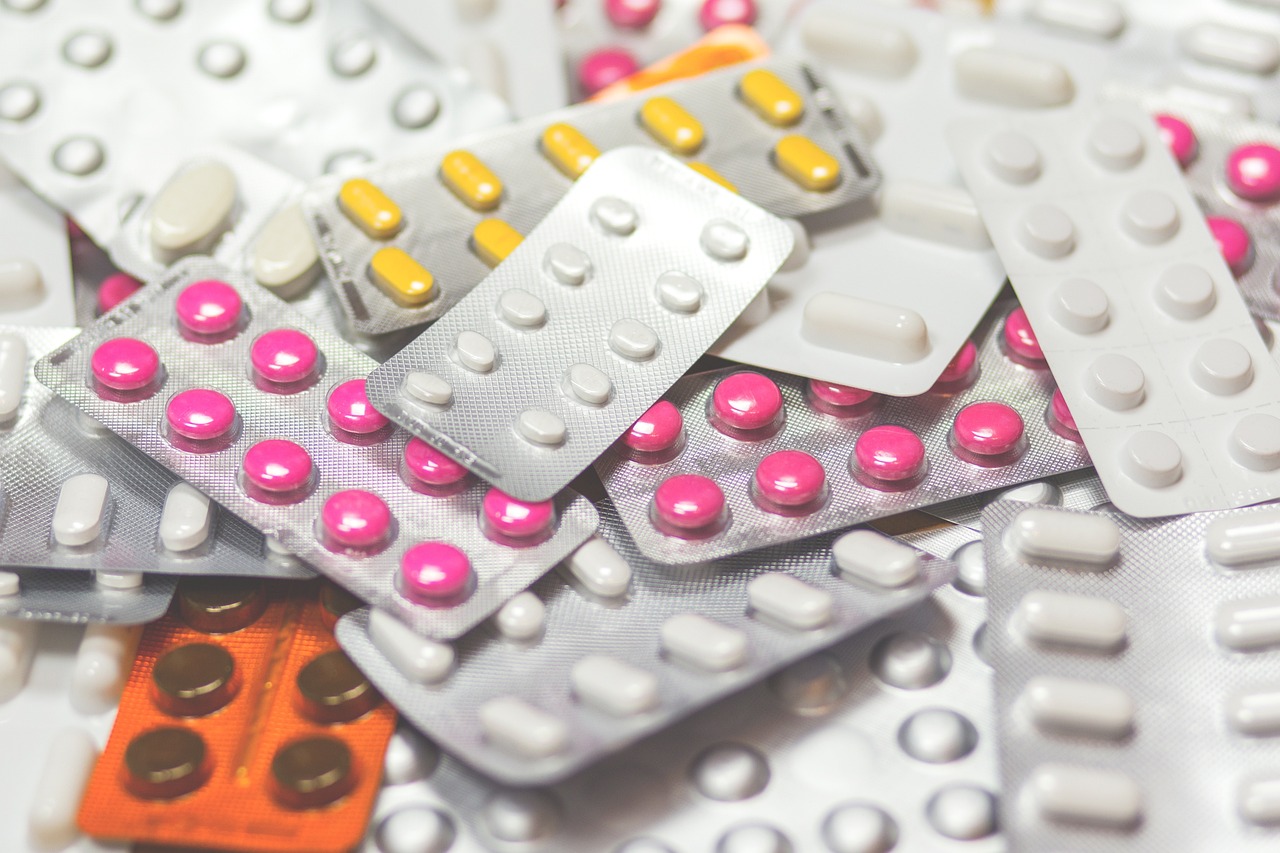
Egis' new capabilities are the result of developments over the past ten years.Continue reading

The government is committed to increasing the long-term and sustainable competitiveness and performance of the Hungarian pharmaceutical industry, reports Magyar Nemzet. To this end, the government has made it possible for pharmaceutical distributors to significantly reduce their extra profit tax liability by the value of their investments, said Márton Nagy.
“2024 is the year for the recovery of economic growth,” Minister of Economic Development Márton Nagy began his speech at the meeting of the Board of the Hungarian Pharmaceutical Manufacturers Association. He noted that in order for the economy to bounce back, employment must be increased by utilizing the labor reserve, the motive of caution must be lifted, and consumption and investment must be further increased. In addition, priority sectors need to be developed.
Nagy stressed that
the Hungarian pharmaceutical industry is one of them, which as an economic ecosystem, is capable of making a significant contribution to the development of the economy thanks to multiplier effects.
The government aims to further strengthen the country’s sovereignty and crisis resistance so that it becomes self-sufficient in essential healthcare equipment, and to increase the share of Hungarian products in the healthcare sector from 15 to 30 percent, while substantially boosting research and development performance.
The government is committed to increasing the long-term and sustainable competitiveness and performance of the Hungarian pharmaceutical industry, and the development of data-driven healthcare will help the sector to invest substantially. To this end
the government has, among other things, allowed pharmaceutical distributors to significantly reduce their extra profit tax liability by the value of their investments.
The minister pointed out that the pharmaceutical sector employs nearly 32,000 people, with a current value of production of more than HUF 1,200 billion (EUR 3 billion) and 87 percent of export sales. The figures show the competitiveness of the sector, with Hungarian medicines being of high quality and in demand abroad.
The sector’s R&D (research and development) performance is particularly important for competitiveness:
15 percent of the workforce is employed in R&D, and the sector accounts for 30 percent of total R&D expenditure in the country.
This is one of the reasons why the pharmaceutical sector has a high value added, exceeding HUF 30 million (EUR 78,944) per employee.
He concluded by saying that the pharmaceutical industry is performing well even in the current difficult situation, as the production value of the manufacturing sector increased by 14 percent in the first eight months of the year.
Via Magyar Nemzet; Featured image via Pixabay